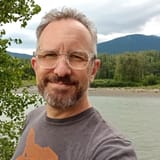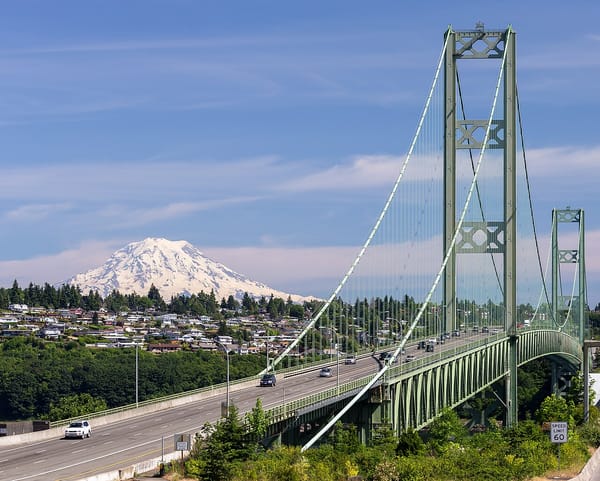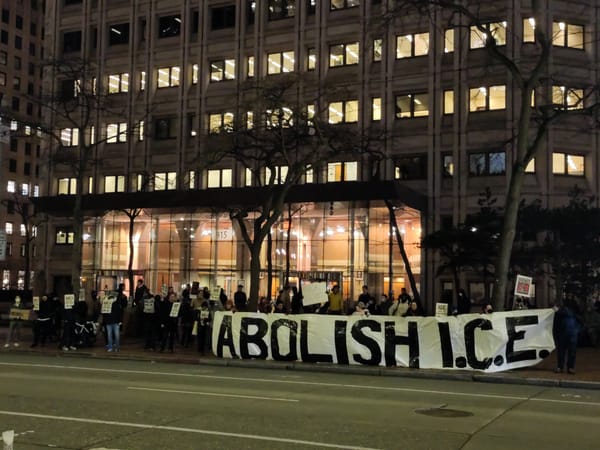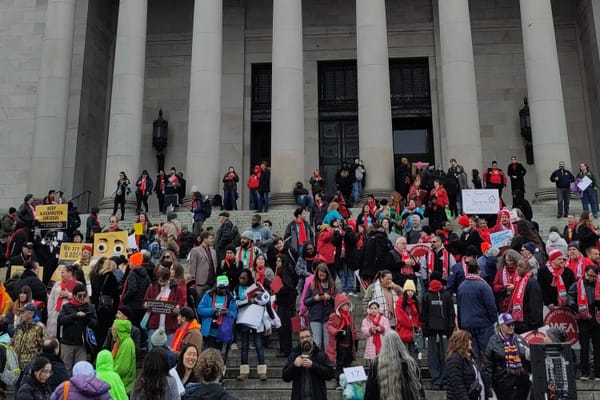A step toward Cascadia independence
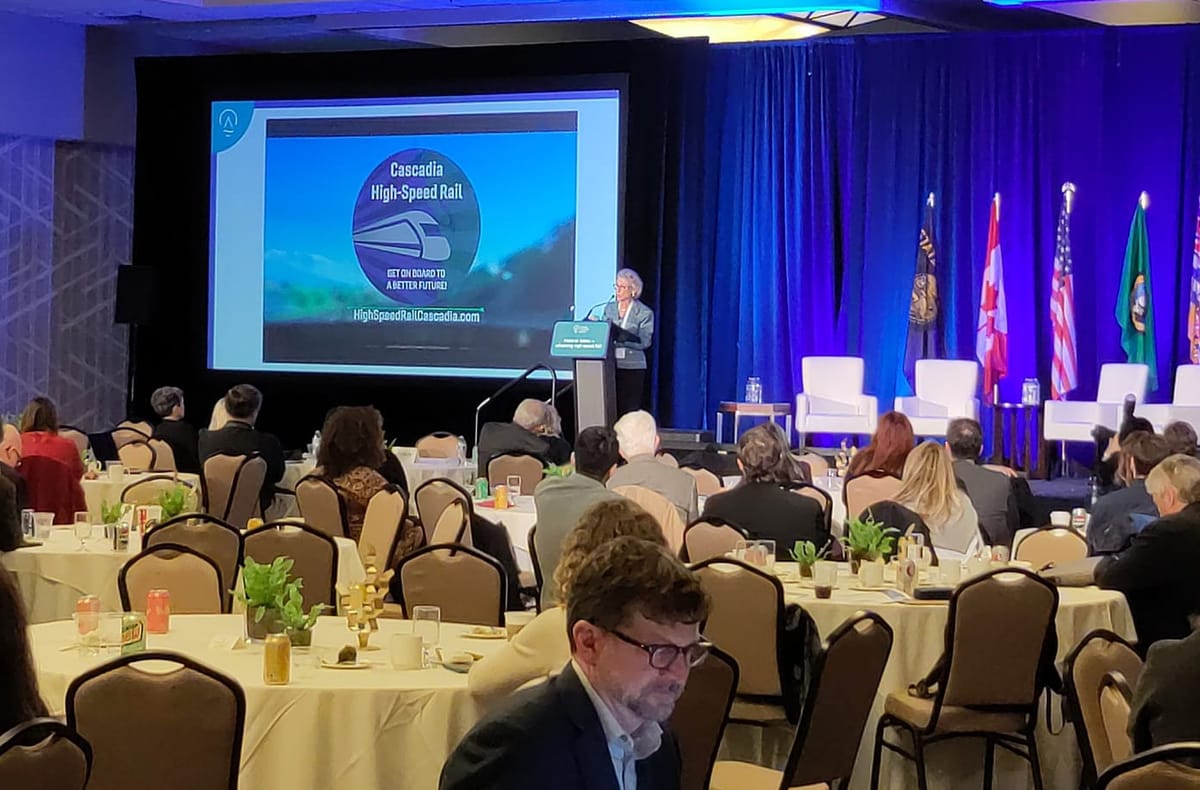
Did governor Bob Ferguson just launch the movement for Cascadia independence?
The Cascadia Innovation Corridor, an organization started by former Washington governor Chris Gregoire, has for nearly ten years dedicated itself to forging close ties between Oregon, Washington, and British Columbia – especially in the realm of tech companies, research, transportation, and housing. What's usually a fairly sedate confab of CEOs, local politicians, and policy officials felt more urgent than ever this time – even if there was precious little talk of autonomy or independence.
But the conference in Seattle produced something significant: the governors of Washington and Oregon, as well as the premier of British Columbia, announced the signing of a memorandum committing to strengthening cross-border cooperation in Cascadia on technology, economic development, housing affordability, clean energy, and high speed rail. The compact strengthens two previous memorandums of understanding signed at Cascadia Innovation Corridor conferences in 2016 and 2018 and now includes Oregon in the agreement:
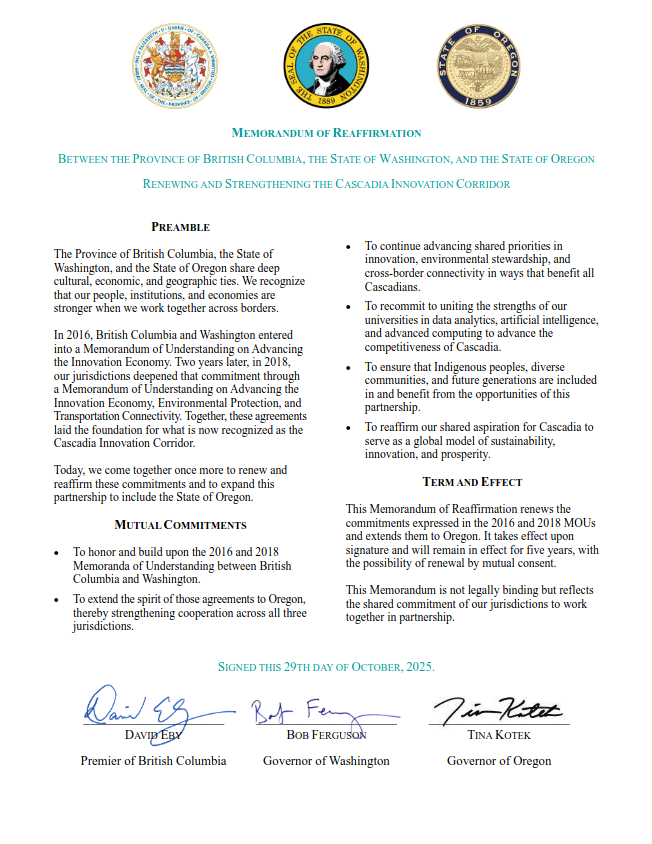
Such cross-border might be seen as routine in other times, but North America is currently in crisis, as the Trump administration bullies Canada with a trade war, jokes about making Canada the 51st state, and is busy setting up an authoritarian regime in the US with little care for the law or the constitution.
On Bluesky, Washington governor Bob Ferguson posted about the accord, and for the first time I can recall a major elected official in our region used the word "Cascadia":
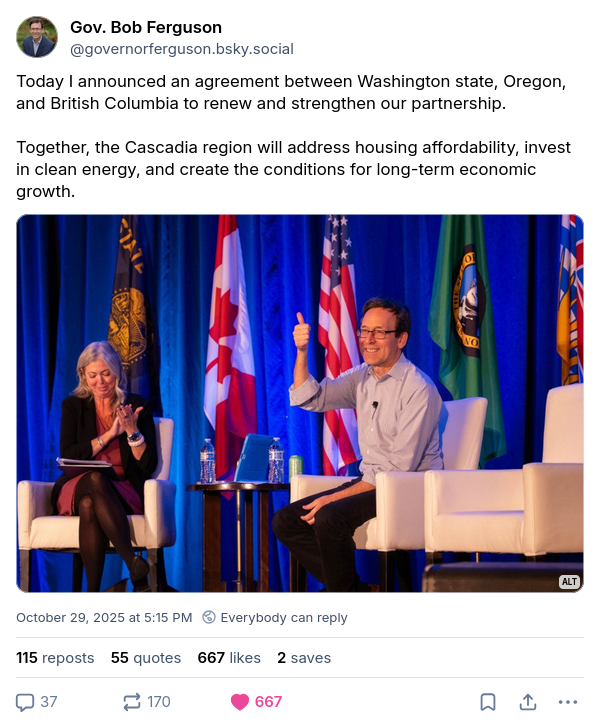
At the conference, it was refreshing to hear the word Cascadia used regularly and without explanation. I attended a session on Cascadia high speed rail – something I'm passionate about and have longed to see in our region for more than a decade. The fact that we're a wealthy, tech-savvy place and yet still behind China, Japan, and most of Europe on this issue is frankly embarrassing.
Gregoire spoke about the how high speed rail between Portland, Seattle and Vancouver, BC would be a "down payment on a more connected, more vibrant, more affordable Cascadia, one that gives every resident more choices, more opportunity and more time for the things that truly matter."
Among those who spoke about next steps for a train that would make the trip between Portland and Seattle in under an hour was Pierce County Executive Ryan Mello, who noted that time spent sitting in a car on I-5 takes a little out of his soul each time. He also noted that 25 percent of Pierce County residents commute to work in King County, facing multi-hour drives.
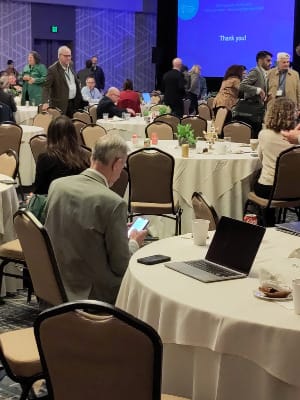
Chelsea Levy, project manager for high speed rail at the Washington Department of Transportation, talked about the timeline for the project – which the legislature has funded at the level of planning and studies at this point. By 2028, the state hopes to have a plan in place laying out station locations, funding sources, and other logistics.
Funding is of course is the biggest stumbling block. As former US Secretary of Transportation Ray LaHood took the podium and talked about the need to seek out federal funding, the elephant in the room seemed to grow that much larger:
This administration and the federal government in general cannot be depended on to help Cascadia meet its transportation needs. When $37 million of our federal tax dollars don't return to Washington and Oregon each year, and when the US government seems intent on funding only military boondoggles and an internal army of masked secret police, I'm not hopeful we'll make any progress on high speed rail here in the Pacific Northwest.
We need autonomy, and we need fiscal independence. We have urgent spending priorities, whether for health care, affordable housing, or transportation. Just yesterday, Democrats shared that they're starting to look at a wealth tax as a source of income in Washington. That's a start, but we need to stop paying into the federal treasury and spend it on priorities at home.
What the leaders of our bioregion did this week was take a first step toward cooperation, and as such it's also a first step on the path to independence. Let's tell these leaders they need to take this further and begin steps toward a peaceful, democratic separation for Cascadia from the United States and Canada.
--Andrew Engelson

